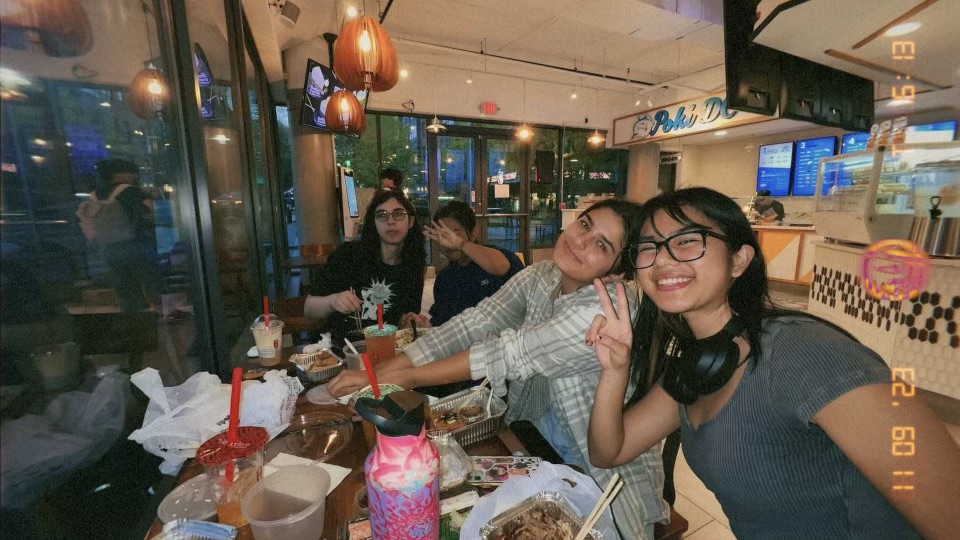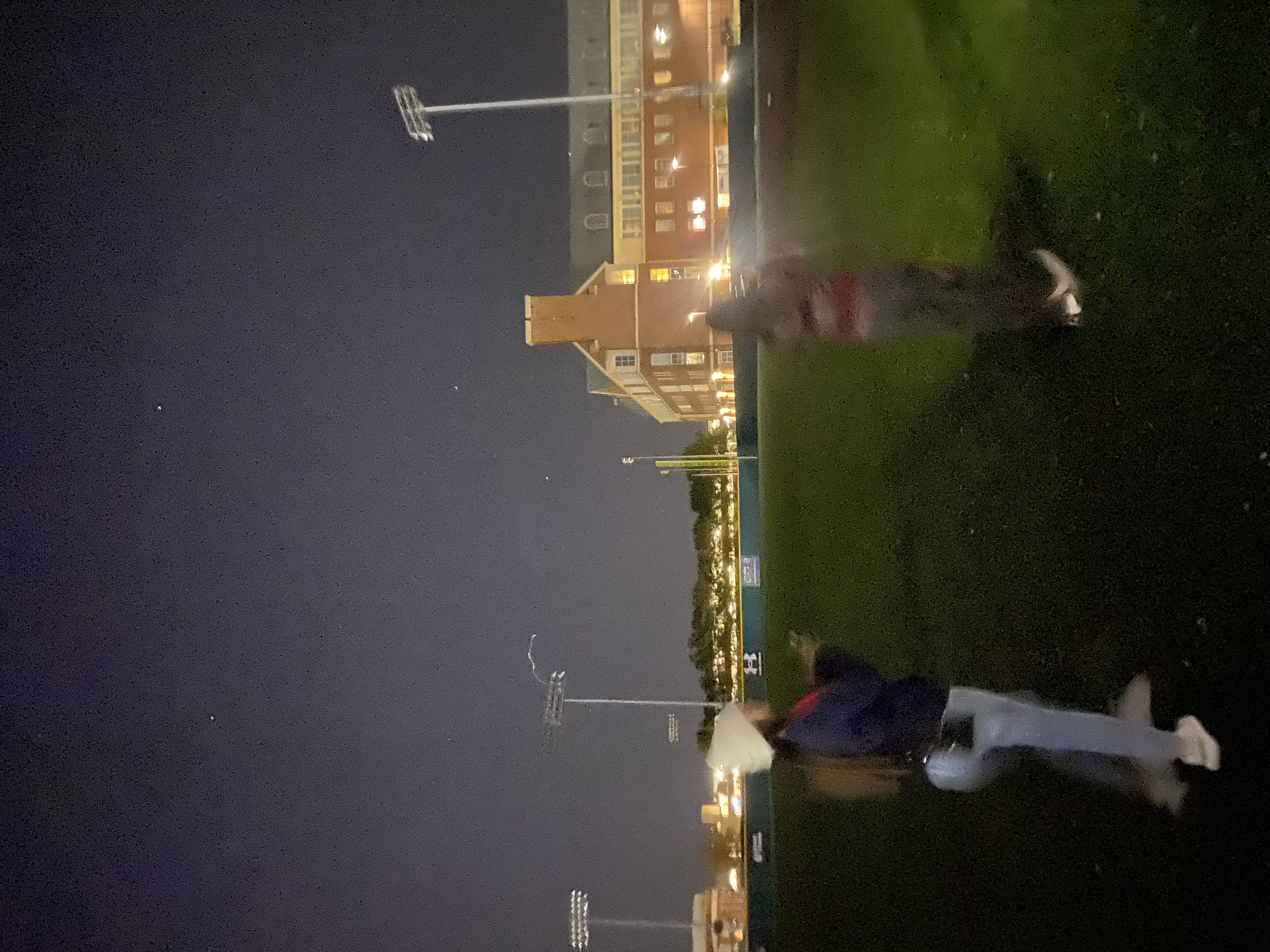Expectations vs. Reality Reflection Essay
Frantically calling my cousin to confirm that I had bought and packed all the essentials I needed for college, I felt the car pull out of the garage to head to UMD. As a sheltered child that was never allowed out of the house, going to college meant endless freedom and possibilities. Most of my cousins are older than me so they shared some insight into their experiences, but our age difference meant they no longer remembered the anxiety of heading off to college. Instead, what I was left with were memories of crazy parties, fragile interpersonal relationships between roommates, friends, and lovers, and the overwhelming stress of exams. All I knew was that my college experience is what I made of it.
Moving into Centreville I was shocked by how small the space my roommate and I would have to share was. Having spent an hour stacking pieces of strategically torn Styrofoam from the packaging of our mini fridge under the legs of our dressers that we shoved into our respective closets to make our room walkable, I began to regret accepting my Scholars offer. The long hours I expected to spend reading and understanding the impending doom of global change only diminished my spirit more.
Thinking back now, that thought feels silly. Service Day which had followed the move in had allowed me to meet so many people who lived on the same floor as me. I had not expected to do laborious volunteering work that bonded me to the people in the same program. Stories of leeches, snakes, and spiders in the Kenilworth Aquatic Garden water and risk of dehydration connected me to our peer mentors. I had fully expected to only learn about the cause and effect of climate change in CPSG100. Yet, sitting in class, I listened to lectures on pseudoscience, types of fallacies, and geology. Assisting each other with our HTML code for the Scholars portfolio website was unexpected but great for expanding the programming languages I knew. I hope in the future CPSG courses we learn more about the active plans or methods scientists developed to improve the environment such as lectures on soil science.
The Scholars community was also the last place I had assumed I would make friends, believing that we would all be too stuck in our books to connect. But I met almost all my closest friends through the Scholars community. I would never trade the comfort that I found in Scholars to live in a bigger dorm room. 4215 has become my second home with its abundance of stuffed animals, musical posters and art prints, ambient lighting from the desk lamps, and view of the barn behind the parking lot.
As a computer science major, I had already expected a rigorous course load having spent sleepless nights in high school attempting to complete programs. Wanting to solidify the foundations of my programming knowledge, I took CMSC131 with Nelson. Expecting the course to be a boring repetition of AP Computer Science A, I was surprised by Nelson’s carefree yet informative teaching style that reinforced my understanding of computations that occur behind the scenes and challenged me as a programmer by establishing release tests and secret tests that tests for often overlooked bugs as part of our grade for projects. His banter with the hall of almost three hundred students, being attentive enough to remember some of our names and where we sat was refreshing. In most large lecture halls, like math courses and biological science courses, most professors rarely interact with students, opting to teach the course material by the book or PowerPoints.
While I had expected a change in grades distribution, I was shocked to learn that my comparative literature course grade was entirely reliant on four writing assignments that included the final. This changed how I could approach my assignments. I could no longer procrastinate until the very last few hours before a deadline to cram a well written work, instead I had to carefully plan, research, and outline my work. All my fall courses have had lighter reading loads than in high school, but the content is more complex, sometimes taking a second or third read to be analyzable.
This academic workload hasn’t stopped me from pursuing more opportunities. Currently I’m looking into lab research positions for bioinformatics, preparing to declare a second major in Biological Sciences, and entering an internship soon. College is so much more than just these academic or occupational opportunities. Social connections are just as important. While I’m not a big partygoer, enjoying a night in bed listening to music and drawing or reading more, the times where I’m out till late have been some of my most memorable memories. From 1a.m. walks across campus, 2a.m. Taco Bell, 3a.m. girls talk in the Bel Air lounge, to 4a.m. confessions there’s so much that I will forever hold onto. Finding the right people will make even your most out of comfort environments a good experience.
Even though I’ve only spent a semester on campus, as of the writing of this at least, I have some words of advice for incoming college students. First, go to classes everyday unless you have a genuine reason to skip class to build good habits. You’ll be surprised how much you learn if you just sit and listen in class. Second, grades are not the end all be all, you should have a good balance between social, academic, and professional life. You are in university for an education but also to prepare for the real world where grades are not the determinant of your being. Third, reach out to people. Whether it be a professor for help during office hours, approaching a new person, or just catching up with others, these interpersonal relationships are your support systems. Try new things, you’ll find something that you would’ve never considered. Have fun!











